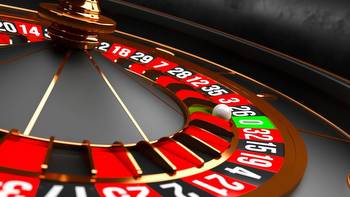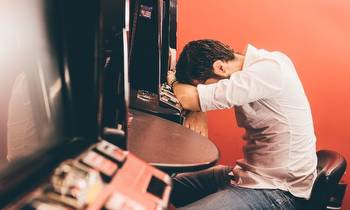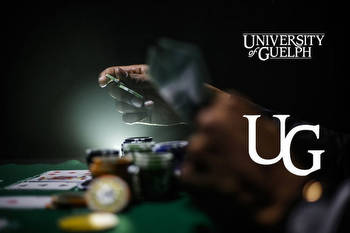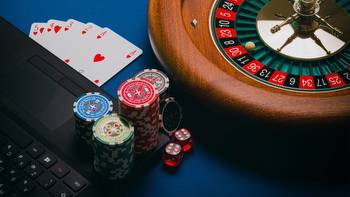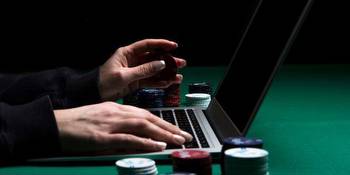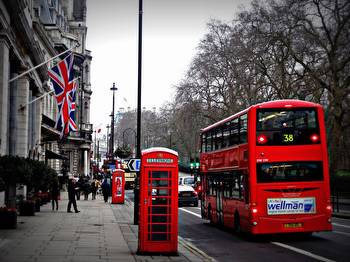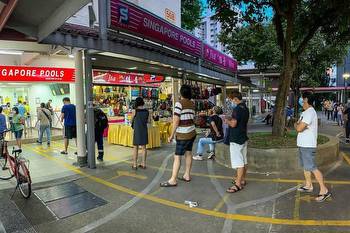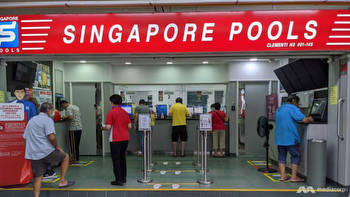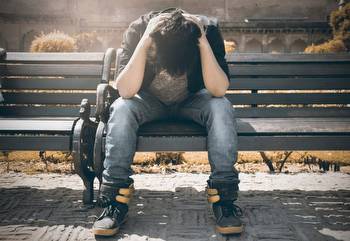Gambling rife among young men in Ireland

The normalisation of betting has left 20% of young gamblers addicted or at risk of developing a severe problem, a new study has claimed.
The report from the Health Research Board also says that as problem gamblers are most likely to be found in deprived areas, planners must start cracking down on the number of gambling outlets allowed in those areas.
The HRB report says that one in five men aged 15-24 who have gambled in the last year are either problem gamblers or in an “at-risk” category of gambling, compared to one in 10 for men of all ages.
It also finds there is a marked correlation between gambling addiction and substance use, with 13% of those with an alcohol disorder considered either an at-risk or problem gambler.
Consultant addiction psychiatrist Professor Colin O'Gara said the results of the study are "really, really concerning".
The study notes that younger males and those in large urban areas may be under-represented in this study,” he said.
“This is the first time we’ve data of this magnitude and scale to demonstrate the scale of the prevalence of gambling in this country. There needs to be education and awareness raised on a national scale to counter the proliferation and normalisation of gambling here.”
The Government has faced calls for many years to reform Ireland’s gambling laws to reflect how the industry has changed in the last two decades, with the rise of online gambling and the expanding markets to bet on sports events.
Anti-gambling campaigners say the stark statistics confirmed in the HRB report highlight, yet again, the need for a gambling regulator as well as more dedicated resources to help problem gamblers.
The regulator position was first mooted by the Government in 2013, but has still has not been appointed. It is expected now that the position will not be filled until 2023.
The HRB report also found:
- Almost half of people aged 15+, around 1.9m people, say they gambled in the 12 months prior to the survey, which was taken across 2019 and 2020;
- Of those who reported gambling online or by telephone, 7% said they’d spent more than €100 on betting in the last month. A further 8.5% who bet at a horse or dog race meeting spent more than €100;
- Of those who had gambled in the last year, 4.7% were deemed low-risk gamblers, 1.8% were moderate-risk gamblers, and 0.6% were problem gamblers. The HRB said that translates to around 90,000 “low-risk” gamblers, 35,000 “moderate-risk gamblers” and 12,000 problem gamblers in the general population;
- Men are five times more likely than women to be problem gamblers.
Prof O’Gara said that even at a so-called “low risk”, this kind of gambling could have a serious impact on their lives.
“There are significant harms here,” he said.
Have you borrowed money to gamble, do you try to win back the money you lost? These are the kinds of questions being asked [in this survey]. The rates of problem gambling here are significant.”
Other questions asked to gauge whether someone was at risk of being a problem gambler included if they were facing financial or health issues due to their gambling, if they felt guilt over their gambling, and if they’ve been criticised by others over their gambling.
“If you’re talking one in five young men reporting problems with their gambling, then that is really, really concerning,” he said.
A section of the report dealing with its limitations said that questioning a person about the frequency in which they gamble may see them “refuse to participate, or they may under-report their gambling”.
Professor O’Gara said this may mean the rates of problem gambling are underestimated, and that a range of options should be explored to tackle the harm being done to those at risk of developing gambling issues.
This includes investment in further research, patient-centred supports for those addicted to gambling, and specific interventions to protect children such as the banning of 'loot boxes' in video games.
“The normalisation of gambling has become so pronounced, that education and training is required,” he said.








